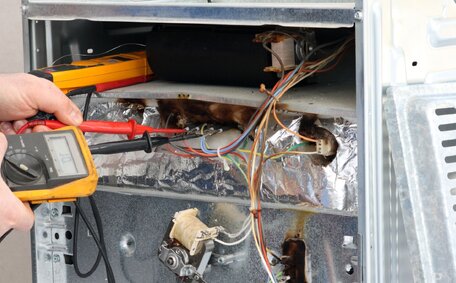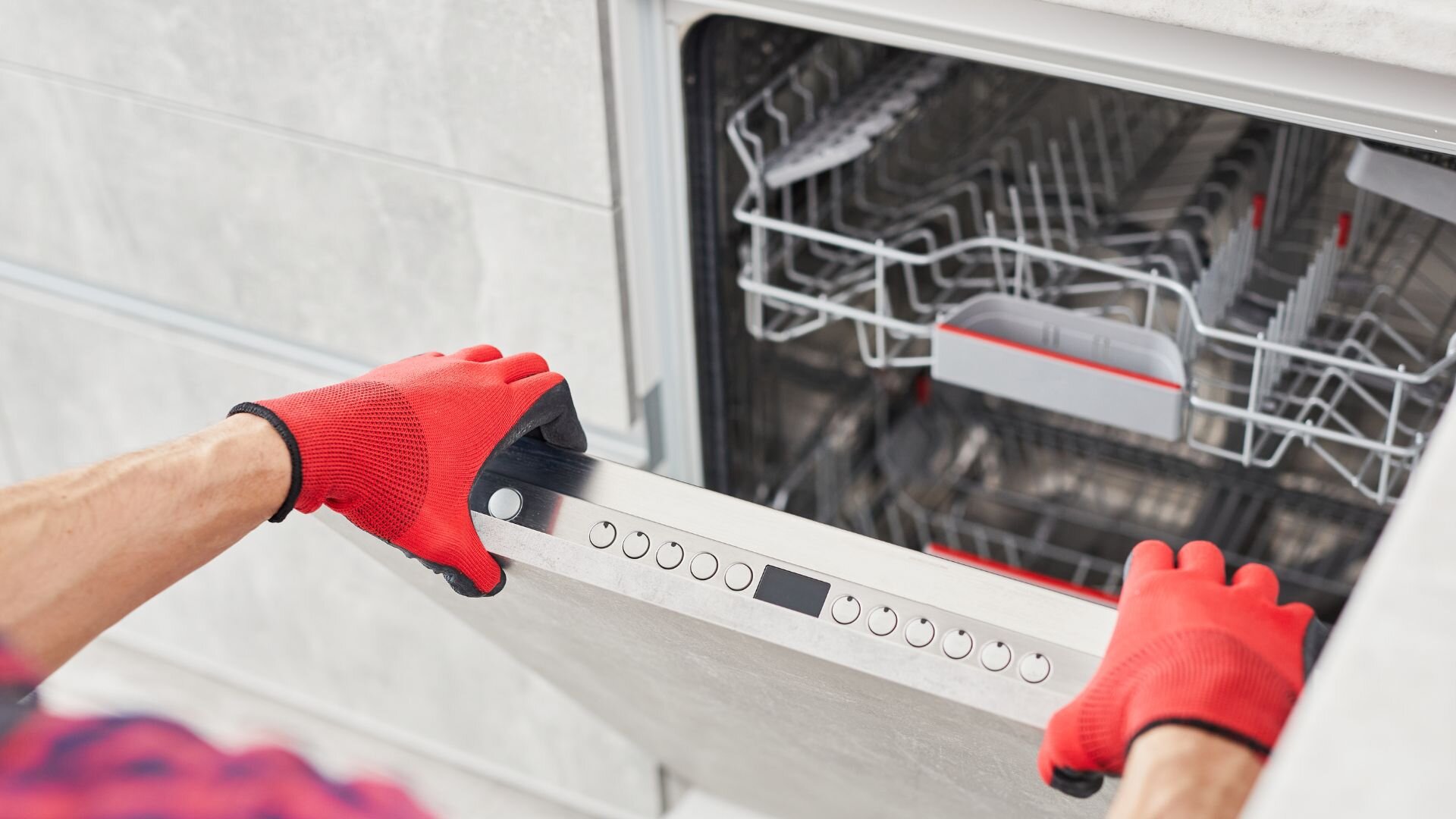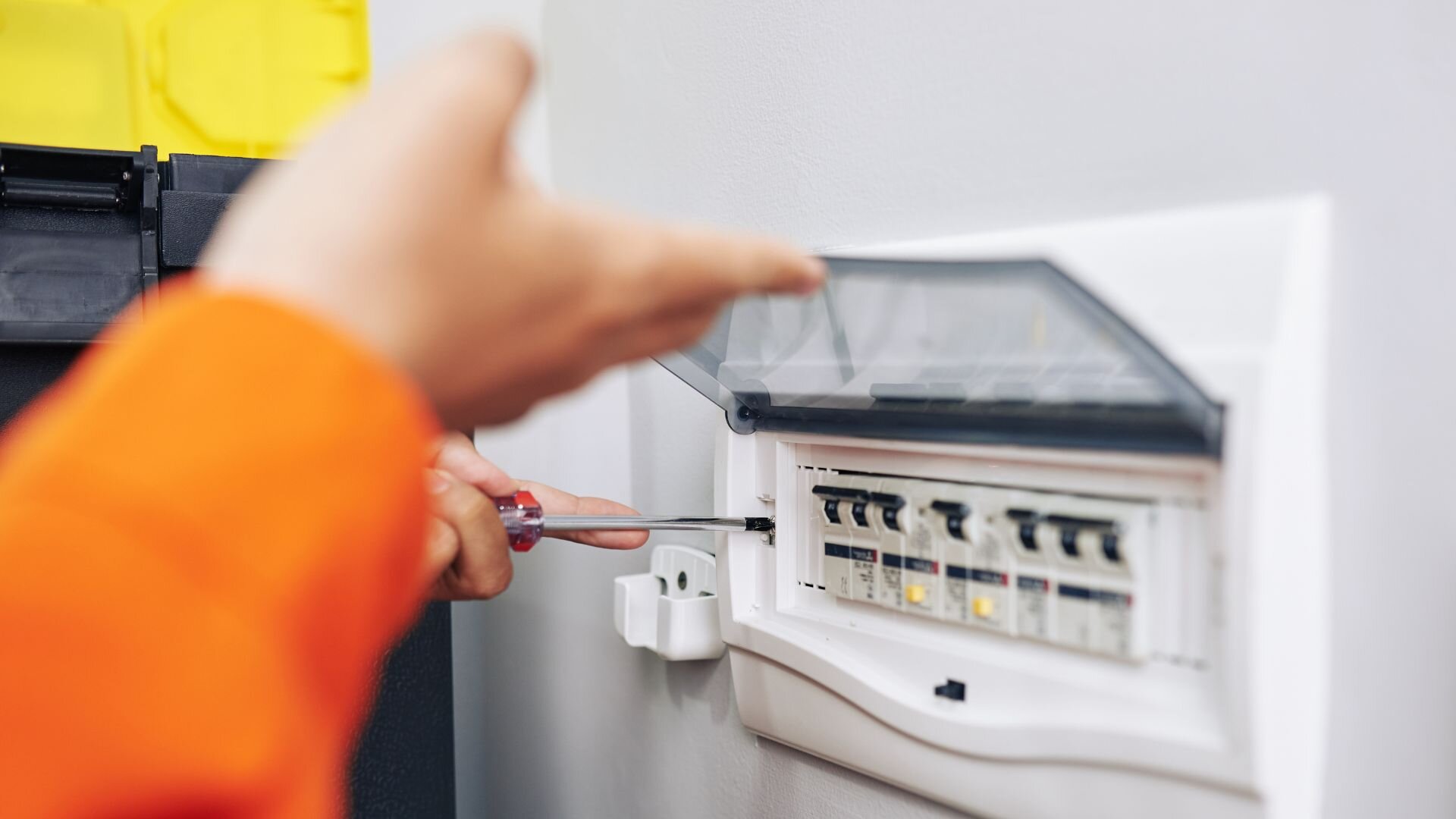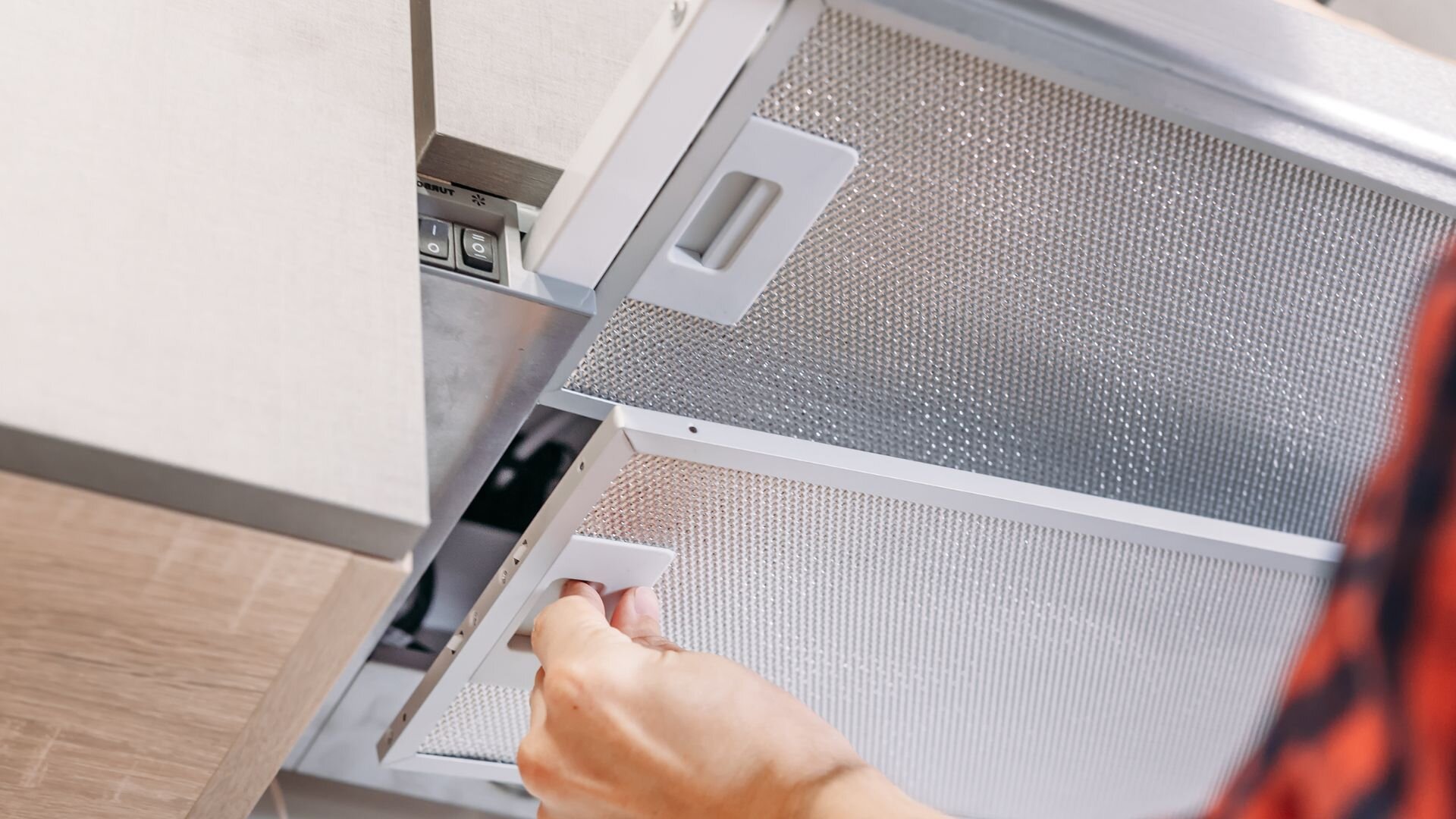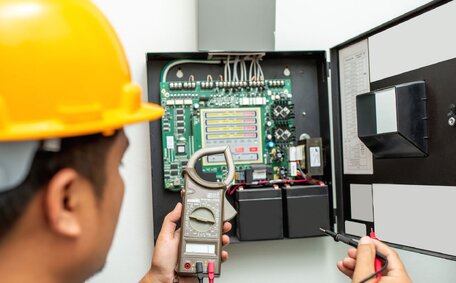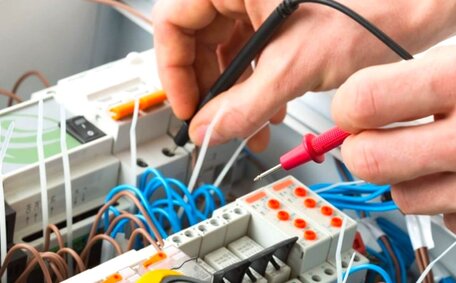Australians have a deep connection with their household appliances, reflected in the national market’s anticipated value of A$13 billion by 2024. On average, homes contain five large appliances and up to ten smaller ones, such as hair clippers and irons. Among the most common are refrigerators, washing machines, vacuum cleaners, microwaves, and toasters. With such a significant investment in these essential tools, maintaining them is crucial for efficiency and longevity. Proper care not only ensures they perform optimally but also extends their lifespan, saving money and reducing environmental impact.
This blog will focus on practical maintenance tips for various home appliances, helping you keep them in top condition. From routine cleaning to troubleshooting common issues, learn how to care for your appliances and maximise their value.
Getting to Know Your New Appliances
It’s crucial to get acquainted with the user manuals and manufacturer guidelines for electrical appliances. Knowing their features can prevent mishaps and guarantee your appliances receive the right care.
![2024 09 Maintaining Dishwasher Electrical Appliance Maintaining Dishwasher Electrical Appliance]()
Safety and Maintenance
User Manuals and Guidelines
Preventing Electrical Issues
- Regularly clean condenser coils and inspect for faulty wiring.
- Unplug appliances before cleaning to avoid electric shock.
Handling Repairs and Maintenance
- Contact a qualified electrician for electrical repairs.
- Never mix water and electricity; this can cause fires.
Proper Use and Care
- Avoid overloading power outlets to prevent equipment from overheating.
- Be aware of signs of dangerous heat or potential fire hazards.
Professional Help
- Hire electricians for electrical work and necessary repairs.
- Inspect wiring regularly to prevent problems and catch-fire risks.
Getting to know your appliances better can simplify your life and enhance safety.
General Maintenance Tips
To keep your electrical appliances performing at their best, regular cleaning and inspections are essential.
Cleaning and Filters
Regular Cleaning
Regularly clean home appliances to prevent dirt buildup, which can cause electrical shock or fire hazards.
Ensure dishwashers and other appliances are free from debris to avoid dangerous malfunctions.
Filter Maintenance
Check and replace filters in appliances like refrigerators and air conditioners. Clean filters improve efficiency and maintain a safe electrical system.
Inspections and Safety
Routine Inspections
Check your appliances for leaks or any odd sounds – these can be signs of deeper issues. Tackling them quickly helps avoid safety hazards down the line.
Electrical Maintenance
Ensure electrical maintenance includes checking circuit breakers and plugs. Overloaded circuits can lead to fires.
Professional Service
Hire professionals to fix any electrical maintenance issues. This ensures your appliances are safely maintained and reduces the risk of dangerous fires.
By following these tips, you can maintain your appliances efficiently and safely, preventing potential fire hazards and ensuring they remain reliable.
How to Maintain Electrical Appliances
Proper maintenance of electrical appliances is crucial for safety and efficiency. Here are some essential tips to keep your home appliances in top shape.
![2024 09 Testing Switchboard For Appliances Testing Switchboard Appliances]()
Circuit Management
Avoid Overloading Circuits
Do not overload circuits to prevent tripping the circuit breaker. Overloading poses a significant fire hazard and can damage the electrical system.
Use Surge Protectors
Protect appliances by using surge protectors. This helps safeguard against sudden spikes in electricity that could harm sensitive equipment.
Water and Moisture
Keep Appliances Dry
Ensure appliances like dishwashers are kept dry when not in use. Water exposure can lead to electrical failures and safety hazards.
Safe Placement
Avoid placing appliances near walls where moisture can accumulate. This reduces the risk of water-related issues.
Ventilation and Placement
Ensure Proper Ventilation
Maintain adequate space around appliances for proper airflow. This prevents overheating and potential fire hazards.
Correct Placement
Position appliances like refrigerators and ovens away from walls to ensure efficient cooling and heating.
Regular Checks
Inspect and Fix Issues
Regularly inspect plugs and cords for wear and tear. Promptly fix any issues to maintain appliance safety and functionality.
Following these tips will help you maintain your electrical appliances effectively, reducing risks and extending their lifespan.
Kitchen Appliance Care
Maintaining kitchen appliances ensures they work efficiently and safely. Here are some essential tips for keeping them in top condition.
Cleaning Techniques
Ovens
Regularly clean oven interiors to prevent grease build-up, which can become a safety hazard. Use a mild cleaner and avoid abrasive materials.
Dishwashers
Clean the dishwasher filter and spray arms to maintain efficiency. Ensure no food debris is blocking the components.
Descaling
Descale kettles and coffee machines regularly to prevent limescale buildup. This improves performance and extends their lifespan.
Regular Servicing
Gas Stoves
Schedule regular servicing for gas stoves to ensure they operate safely. A professional can check for leaks and fix any issues.
Refrigerators
Clean condenser coils to enhance cooling efficiency. Inspect door seals and fix any gaps to prevent cold air loss.
Safety and Maintenance
Electrical System
Ensure the kitchen’s electrical system is up to date. Avoid overloading circuits and check that each appliance has a suitable plug.
General Tips
Unplug appliances before cleaning to avoid electricity risks. Regularly inspect cords and plugs for wear and tear and fix any damage promptly.
By following these maintenance tips, you can keep your kitchen appliances safe and functional.
Laundry Appliance Maintenance
Proper care of washing machines and dryers ensures they run efficiently and last longer.
Washing Machines
Drum Maintenance
Regularly clean the drum to prevent mould and odours. Run a hot water cycle with vinegar or a specialised cleaner.
Detergent Use
Use the appropriate amount of detergent to prevent residue buildup. Choose detergents suitable for your machine type.
Water Settings
Select the correct water settings for each load to minimise wear and tear. Cold water can often be used to save energy and protect fabrics.
Dryers
Lint Filter Cleaning
- Clean the lint filter after every use to improve efficiency and prevent fire hazards.
- Regular Inspections
- Check the dryer vent and ductwork for blockages. Ensure proper airflow to maintain performance and safety.
Following these tips helps keep your laundry appliances in top condition.
Signs Your Appliance May Need Professional Help
![2024 09 Cleaning And Maintaining Electrical Appliances Cleaning Maintaining Electrical Appliances]()
If you notice unusual noises, frequent malfunctions, or higher energy bills, it might be time to consult an expert. Other indicators include:
- Strange odours or smoke
- Inconsistent temperatures in refrigerators or ovens
- Leaking water from washing machines or dishwashers
These issues can signal underlying problems that require professional attention. Don’t hesitate to contact a qualified technician to ensure safety and efficiency.
Maintenance Myths Busted
Here’s a myth: using extra detergent means cleaner clothes. In reality, it could lead to residue buildup and damage your washing machine. Plus, some folks think appliances only need servicing when they break down, but regular upkeep can actually help prevent expensive repairs and keep them running longer.
Some think self-cleaning features eliminate the need for manual cleaning, but they don’t replace regular deep cleaning. Finally, it’s a misconception that all repairs can be DIY; professionals should handle complex issues to avoid safety hazards.
Following these best practices ensures appliances remain efficient and safe.
Keep Your Appliances Running Smoothly
Regular maintenance is key to ensuring your appliances operate efficiently and safely. Simple steps like cleaning filters, checking for leaks, and using appropriate detergents can extend the lifespan of your appliances and prevent costly repairs.
If you’re unsure about any maintenance tasks or notice unusual noises, higher energy bills, or frequent malfunctions, it’s important to seek expert advice. Professional help can address underlying issues and keep your appliances in top condition.
For personalised assistance with your electrical appliances, contact Bright Force Electrical. Our expert team is ready to help with all your maintenance needs, ensuring your home runs smoothly and safely. Don’t wait for problems to arise—reach out and let us help you maintain your appliances effectively.
